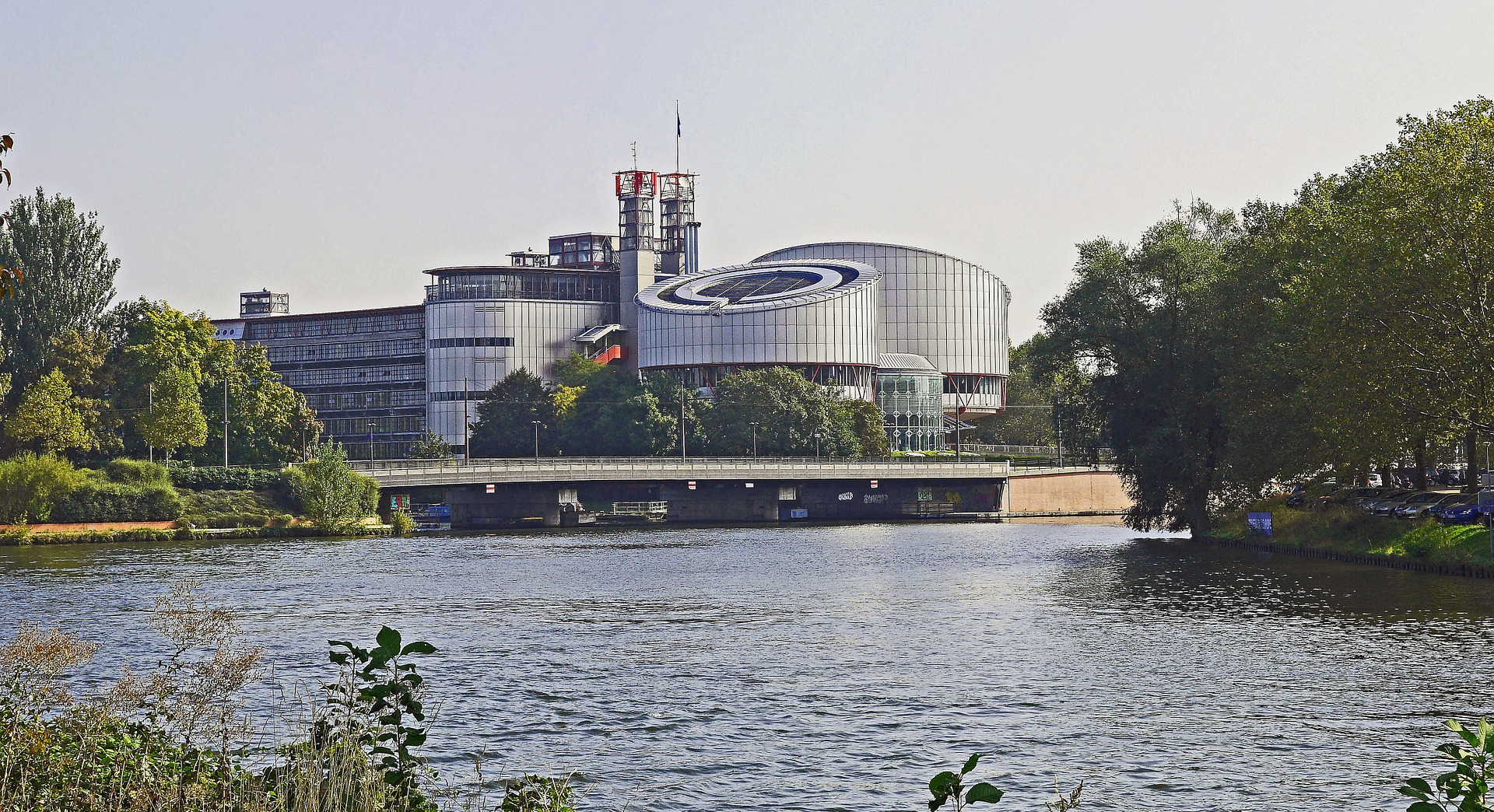Post by: Lauren Moustakas

Hello, my name is Lauren Moustakas and I am currently a rising 3L at Regent Law School. This summer I am grateful to have the opportunity to intern (remotely) with the European Center for Law and Justice (ECLJ). The European Center for Law and Justice, based in Strasbourg France, is an NGO dedicated to the promotion and protection of human rights in Europe as well as around the world. Notably the ECLJ has special Consultative Status before the United Nations and regularly advocates before the European Court of Human Rights. As a student who felt called to attend law school in order to be equipped to advocate for human rights and speak for those who are unable to for themselves, I am humbled to have the opportunity to learn from an organization who works within international human rights systems to secure the rights of others.
For the first half of my internship, I have been providing research support for a case that will soon be heard by the European Court of Human Rights. The case involves issues regarding religious freedom and freedom of expression. Specifically, I have provided research on how the case might turn out if it were to take place within the United States. More extensively I have provided the caselaw of the European Court of Human Rights regarding protections for religious freedom and freedom of expression.
It has been interesting coming from an American perspective regarding both freedom of religion and freedom of expression. The European Convention on Human Rights both ensures and limits both rights and how the balances each right as they are often in conflict with one another. For instance, the freedom of expression is guaranteed by Article 10 Section 1, but Section 2 of Article 10 specifies that the right to exercise freedom of expression comes with “duties and responsibilities” and can be restricted for specific reasons such as the protection of the rights of others.
The European Court of Human Rights, as a human run Court, often struggles with the tall order of finding a balance between freedom of expression and the protection of the rights of others, such as religious freedom. However, this concept of proscribed care for the rights of others reminds me of 1 Corinthians 8:9. Paul wrote, “be careful, however, that the exercise of your rights does not become a stumbling block to the weak.” While in the context of Jewish laws regarding what could and could not be eaten, Paul’s words would seem to be applicable to this idea of exercising individual rights in a way that do not violate the rights of others. In the pursuit of exercising our own rights and freedoms the rights of others are often not considered which, although unintentional, can result in injustice to those around us and in our world. Especially with the issues our world and country are facing currently, we should each strive to exercise our rights and freedom in consideration of the rights of our neighbors.
I am thankful for the opportunity to learn from the ECLJ, to assist in their work to address injustice before the European Court of Human Rights, and for the opportunity to reflect on what it means to exercise individual freedoms and rights while upholding and respecting the rights of others.
This post was written by a Center for Global Justice Intern. The views expressed in this post do not necessarily reflect those of Regent University, Regent Law School, or the Center for Global Justice.

